How do I not feel so alone in this pain?
When it comes to your pain, healing often happens in community. Having others witness your hurt and walk with you through it is an integral part in moving through your deepest wounds.
Yet many times when we face a crisis in our lives, we can either choose to isolate ourselves or find others unwilling to step into the dark with us. It can be difficult to open up and share what is on our hearts out of fear of judgement or not wanting to burden others with the load of our emotions.
M. Scott Peck once said, “There can be no vulnerability without risk. There can be no community without vulnerability. There can be no peace, and ultimately no life, without community.”
As difficult as it can be to share our hurt with others, the risk we take in being vulnerable will ultimately lead to finding the people who can help shoulder the weight of our suffering. And as scripture tells us in Galatians 6:2, we are called to “carry each other’s burdens.” Walking with one another through heartache is part of what it means to be in the family of God.
So, how do you build community, especially when you might feel emotionally exhausted because of your pain? Here are a few steps you can take in growing a system of support:
1. Find people you feel safe to share your story with
It can be difficult to know who can maturely handle your pain. Finding safe people can feel like an impossible chore. Drs. Henry Cloud and John Townsend define safe people as those who draw us closer to God, draw us closer to others and help us become the person God created us to be.
If the people you share with aren’t encouraging you to move towards God in your pain, if they seem to want you to push away from important and otherwise healthy relationships in your life, or if their advice goes against what God’s Word asks of you, they might not be the safest people to share your story with. Find those who want to see you grow through your pain while moving closer to God and others.
2. Choose to be vulnerable
Brene Brown, a social scientist and researcher says, “The definition of vulnerability is uncertainty, risk, and emotional exposure. But vulnerability is not weakness; it’s our most accurate measure of courage.”
Being vulnerable is undoubtedly risky. You run the risk of being hurt by the response or lack thereof of another. But without vulnerability, you can never build meaningful, intimate connections and you can never be seen. Letting others witness our pain is the way towards healing. But vulnerability is always something we have to choose.
3. Express what you need
It can be hard in your hurt to know exactly what feels supportive to you in the moment. Yet not expressing what we need from others can leave us feeling disappointed and resentful because of unmet and unspoken expectations. Learning to say aloud what your community can do to come alongside you will not only help you get the help you long for, but will help them know how they can best serve you in your pain.
4. Serve others
Sometimes we need opportunities to step outside our own suffering and help others. While it can be hard, especially in the midst of our own pain, serving people and meeting their needs can not only build community as we serve alongside others, but it can also shift our focus and give us a new perspective.
Building community is something that can take a lot of time and emotional investment, especially when trying to find those who will walk with you in pain. But, finding people who can hold space for you, hear your story, and enter into your heartache will help you in the process of healing as you find love, support and encouragement along the way of your pain to purpose journey.
Get the Pain to Purpose Course
This 11-part video course is a proven pathway to help you remove the debris of crisis in your life, repair the broken pieces left in its wake, rebuild a solid foundation, and move forward with a renewed sense of purpose and victory.

